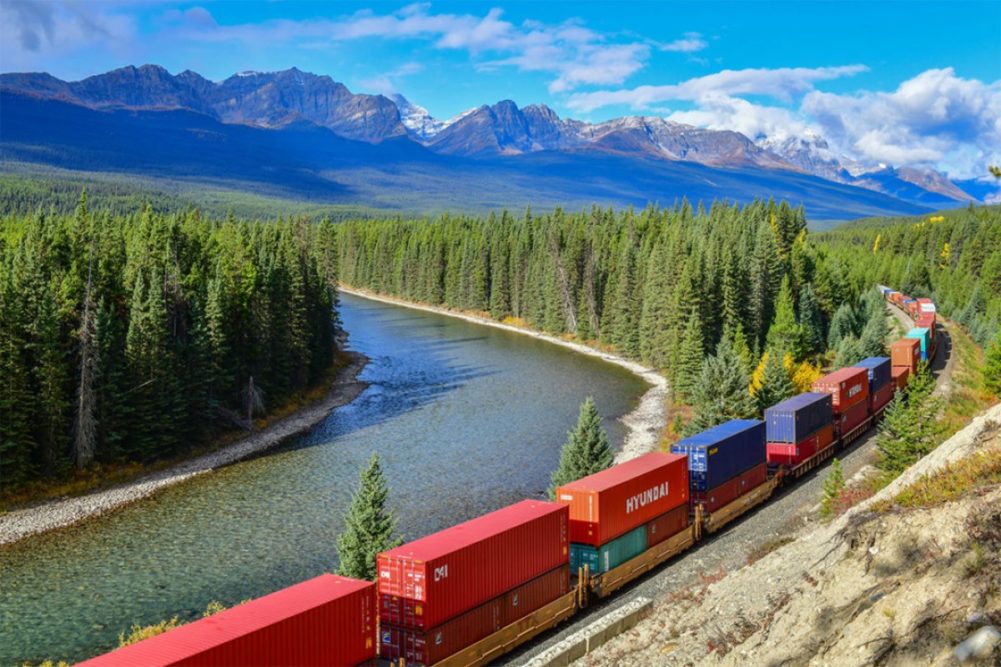KANSAS CITY, MO. — The Canadian Pacific Railway Ltd. said March 20 that the Teamsters Canada Rail Conference (TCRC) had initiated a work stoppage while the two parties were engaged in negotiations with a federal mediator. There were mixed reports about which side actually initiated the work stoppage, though.
“We are deeply disappointed that, in the final hours before a legal strike or lockout was to potentially occur, the TCRC Negotiating Committee failed to respond to the company’s latest offer that was presented to them by the federal mediators,” said Keith Creel, president and chief executive officer of CP. “Instead, the TCRC opted to withdraw their services before the deadline for a strike or lockout could legally take place. The TCRC is well aware of the damage this reckless action will cause to the Canadian supply chain.”
The railroad said it was initiating a safe and structured shutdown of its train operations across Canada and would work with customers to top Canadian operations.
The TCRC, which represents about 3,000 locomotive engineers, conductors, train and yard workers, said it was on strike at CP throughout Canada, but that the railroad’s actions led to the work stoppage.
“We are very disappointed with this turn of events,” said Dave Fulton, TCRC spokesman at the bargaining table. “Canadian Pacific management must be taken to task for this situation. They set the deadline for a lockout to happen tonight (midnight, March 19), when we were willing to pursue negotiations. Even more so, they then moved the goalpost when it came time to discuss the terms of final and binding arbitration.”
CP said the TCRC had issued a news release March 19 that falsely claimed CP had initiated a lockout.
“Contrary to the TCRC Negotiating Committee’s claim, the work stoppage was initiated by the TCRC,” CP said. The action “is clearly a failure of the TCRC negotiating committee’s responsibility to negotiate in good faith,” CP said.
Issues in the contract negotiations included wages, pensions and working conditions that question the railroad’s ability to recruit and retain workers among several others. Negotiations had been ongoing since September and recently included federal mediators.
Industry groups in both Canada and the United States noted concern about the work stoppage and called on Canada’s government to propose back-to-work legislation to quickly end the dispute. Canada depends heavily on railroads to move grain and other commodities and goods, including 75% of all fertilizer.
The Canadian Pacific Railway, Canada’s second largest railroad, transported 428,568 carloads of grain and 151,789 carloads of potash (fertilizer) in 2021, according to railroad data. There are about 175 US grain elevators served by the CP.



